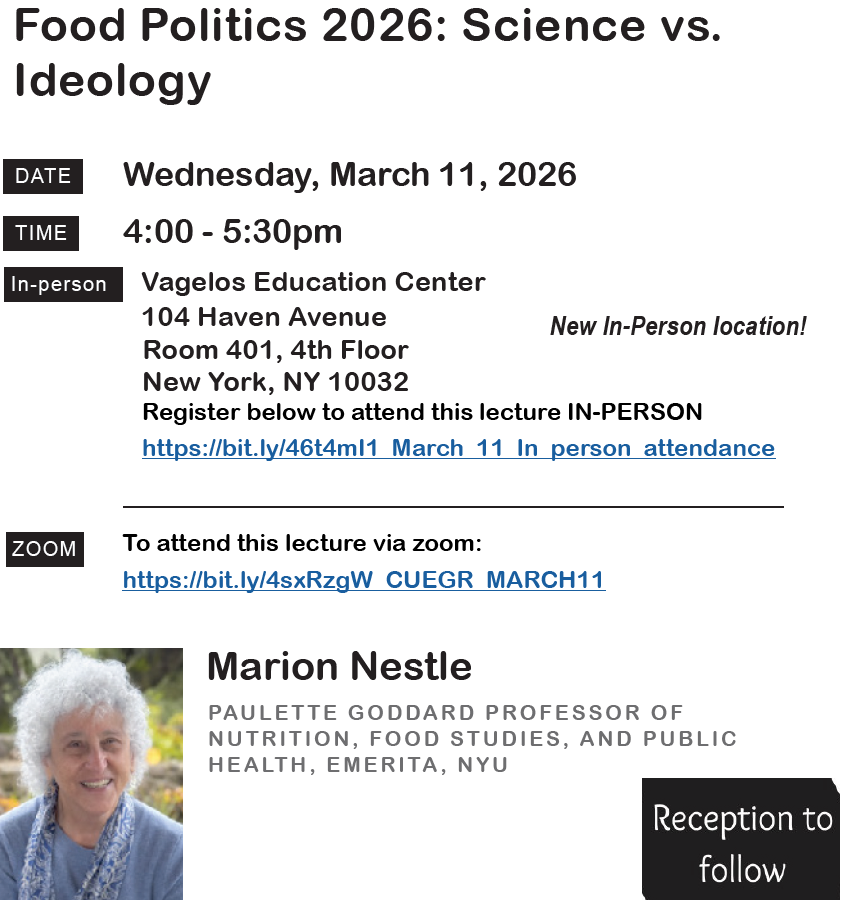Register to attend in person here. Register to attend via Zoom here.

Today, the Lancet publishes three major papers on ultra-processed foods and human health: science, policy, and politics (I am a co-author on the policy and politics papers). Here’s Peter Bond’s photo, the logo for the series.

THE PAPERS
I. SCIENCE
Ultra-processed foods and human health: the main thesis and the evidence. Carlos A Monteiro, Maria LC Louzada, Euridice Steele-Martinez, Geoffrey Cannon, Giovanna C Andrade, Phillip Baker, Maira Bes-Rastrollo, Marialaura Bonaccio, Ashley N Gearhardt, Neha Khandpur, Marit Kolby, Renata B Levy, Priscila P Machado, Jean-Claude Moubarac, Leandro F M Rezende, Juan A Rivera, Gyorgy Scrinis, Bernard Srour, Boyd Swinburn, Mathilde Touvier.
This first paper defines ultra-processed foods and diets as including three specific elements:
It presents the evidence in support of three hypotheses about ultra-processed dietary patterns. These:
II. POLICY
Policies to halt and reverse the rise in ultra-processed food production, marketing, and consumption. [Full text here] Gyorgy Scrinis, Barry M Popkin, Camila Corvalan, Ana Clara Duran, Marion Nestle, Mark Lawrence, Phillip Baker, Carlos A Monteiro, Christopher Millet, Jean-Claude Moubarac, Patricia Jaime, Neha Khandpur.
This paper presents evidence in support of policies to:
III. POLITICS
Towards unified global action on ultra-processed foods: understanding commercial determinants, countering corporate power, and mobilising a public health response. [Full text here] Phillip Baker, Scott Slater, Mariel White, Benjamin Wood, Alejandra Contreras, Camila Corvalán, Arun Gupta, Karen Hofman, Petronell Kruger, Amos Laar, Mark Lawrence, Mikateko Mafuyeka, Melissa Mialon, Carlos A Monteiro, Silver Nanema, Sirinya Phulkerd, Barry M Popkin, Paulo Serodio, Katherine Shats, Christoffer Van Tulleken, Marion Nestle, Simón Barquera.
This paper describes how the food industry is the main barrier to reducing intake of ultra-processed foods.
Food companies exert political power through corporate political activities, coordinated through a global network of front groups, multi-stakeholder initiatives, and research partners. They:
To counter such corporate practices, actions are needed to
This paper also addresses and responds to criticisms of the ultra-processed concept.
KEY MESSAGE: Reducing production and consumption of ultra-processed foods is a priority global health issue.
Thereore, ultra-processed foods require a global response to:
No excuses. Get to work!
RESOURCES